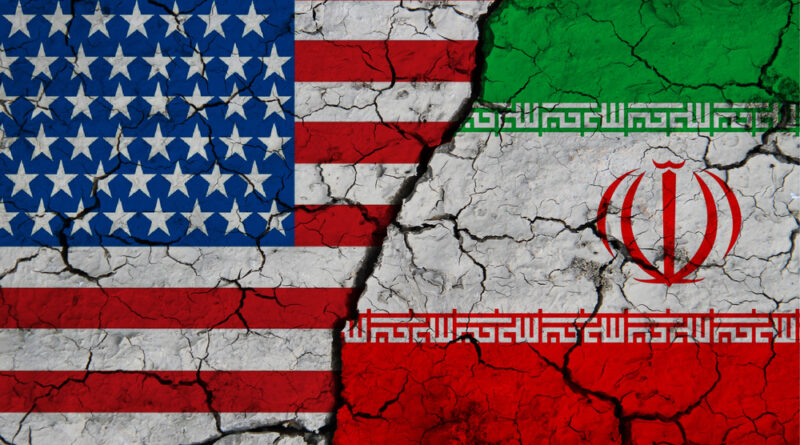U.S. Firms Urged to Harden Cyber Defenses as Iran-Israel Conflict Escalates
American companies—especially those that keep the nation’s critical infrastructure running—are being told to brace for a potential wave of Iranian cyber-attacks as hostilities between Iran and Israel intensify.
In a joint advisory released late last week, the Information Technology – Information Sharing and Analysis Center (IT-ISAC) and the Food and Agriculture ISAC (Food & Ag-ISAC) warned that Iranian state-sponsored hackers, pro-Iranian hacktivists and financially motivated cybercriminals are likely to ramp up operations against U.S. targets.
“Historically, Iranian actors strike U.S. networks during periods of heightened conflict,” the statement noted. “Preparedness is critical to resilience.”
What Makes Iranian Cyber Actors Dangerous
Security experts say Iranian groups are notorious for quickly evolving their tactics, techniques and procedures (TTPs). Previous campaigns have included:
-
Credential-phishing and spear-phishing against corporate email systems
-
Ransomware and wiper malware designed to disrupt operations and destroy data
-
DDoS attacks that flood websites and customer portals, causing widespread outages
The ISACs cautioned that even companies outside the direct line of fire could suffer “collateral damage” if malware aimed at Israeli networks spreads across interconnected global systems.
Immediate Steps Recommended
The two organizations urged businesses in every sector to:
-
Conduct rapid cyber-readiness assessments—identify critical assets, patch known vulnerabilities and ensure backups are offline, encrypted and tested.
-
Enforce multi-factor authentication (MFA) for all privileged accounts, including third-party vendors.
-
Increase real-time monitoring for suspicious traffic, privilege escalations and data-exfiltration attempts.
-
Educate employees to report phishing emails, SMS lures and unusual login prompts.
-
Review incident-response plans and practice tabletop exercises that assume prolonged outages.
“Now is the time for companies to become familiar with Iranian-affiliated threat actors and their TTPs,” the advisory states. Both ISACs said they are providing members with attack playbooks and secure collaboration channels to share indicators of compromise in real time.
Rising Geopolitical Tensions
The cyber alert comes amid mounting military activity in the Middle East. Iran’s Supreme Leader Ayatollah Ali Khamenei vowed his country “won’t surrender,” warning the United States of “irreparable consequences” for any intervention. President Trump fired back on social media, declaring, “UNCONDITIONAL SURRENDER!”
To bolster regional defenses, the Pentagon has deployed a third Navy destroyer to the eastern Mediterranean and sent a second aircraft-carrier strike group toward the Arabian Sea. While officials call the moves “defensive,” analysts say they also position U.S. forces for a potential joint offensive—or to pressure Iran into talks.
Call for Broader Information-Sharing
Both ISACs encouraged companies not yet enrolled in their threat-sharing networks to join. The Food & Ag-ISAC, launched in 2023, provides tailored intelligence for farms, processors and distributors, while the IT-ISAC—founded in 2000—serves tech providers and other digitally dependent firms.
“The more data we share, the faster we can mitigate emerging threats,” said one senior analyst involved in the initiative. “Even if your organization isn’t a direct target, the next ransomware blast could jump to you in one hop. Preparedness is no longer optional.”
With no sign of de-escalation in the Iran-Israel conflict, cyber-security specialists expect a turbulent summer for corporate SOCs. The message from the ISACs is clear: harden your networks now—or risk becoming an unintended casualty of a widening digital battlefield.
Photo Credit: DepositPhotos.com

